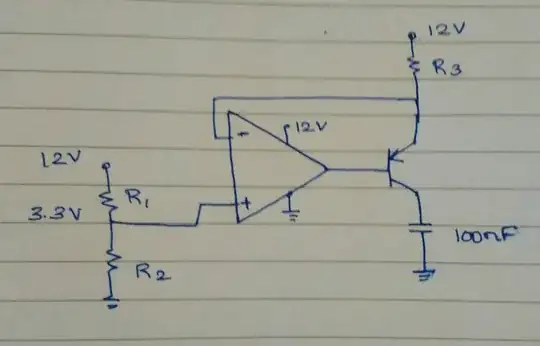One parameter of the transistor that's not corrected by the feedback loop with the op-amp is its alpha, the common-base current gain. You are controlling its emitter current via R3, however the output current is from the collector.
I have a problem working with alpha as I lose count of the 9s. However, as alpha = 1-1/beta, it's almost as easy to work in terms of the beta or hFE.
If the transistor beta changes from 100 to 200, the alpha will change from 0.990 to 0.995, and your output current will increase by 0.5%.
As transistors do have this sort of variation, your sensitivity to transistor variation is similar to your sensitivity to using 1% components for R1, R2 and R3.
As the reference voltage across R3 is directly proportional to the supply voltage (you're not using a reference or regulator here), any change in the supply voltage will give you a directly proportional change in the output current.
